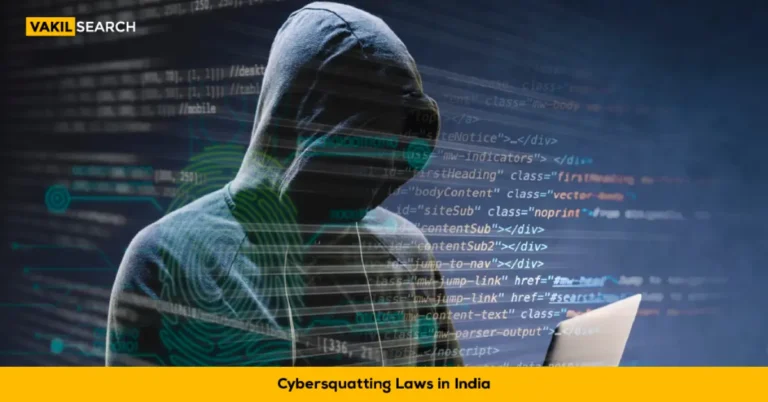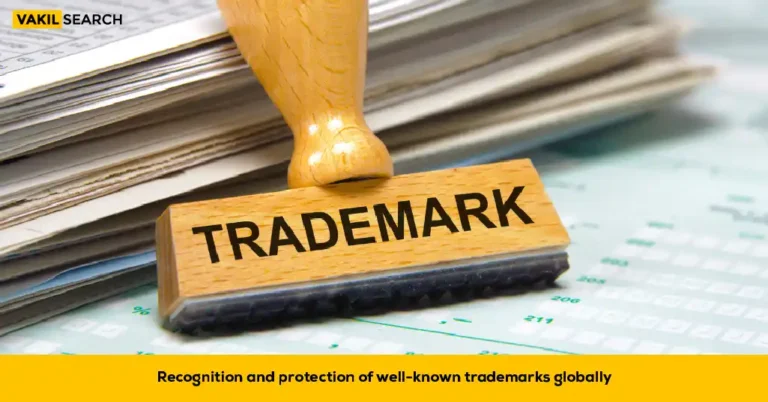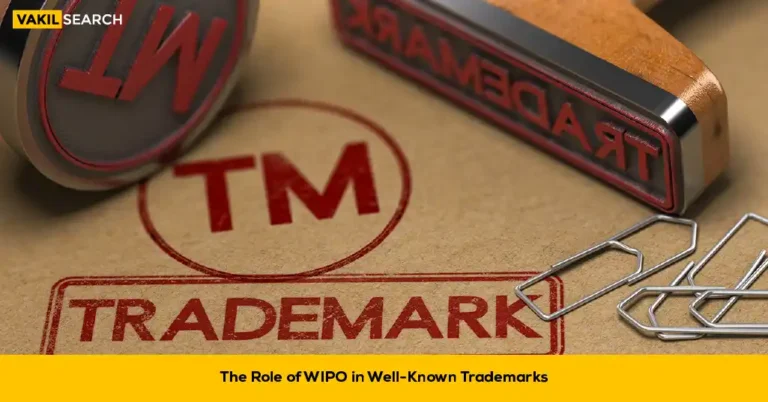This article explains why business owners in India should refrain from attempting to register trademarks on their own and should hire a trademark attorney instead.
Trademarks are one of the most valuable assets for a business, as they represent the company’s identity and reputation. A trademark is a symbol, word, phrase, design, or combination thereof that identifies and distinguishes the source of a product or service from those of others in the market. In India, trademarks are registered with the Office of the Controller General of Patents, Designs and Trademarks (CGPDTM) under the Trade Marks Act, 1999.
Trademark registration is a complex process that requires a deep understanding of the legal framework, including the laws, regulations, and procedures that govern trademark registration in India.
While some business owners may be tempted to save money by handling their trademark registration themselves, this can be a big mistake that can cost them time, money, and legal problems in the future. This article will discuss why DIY trademark registration can be a big mistake and why leaving the process to the experts is better.
Understanding the Legal Framework
Trademark Registration is not just a matter of filling out a form and submitting it to the CGPDTM. It is a legal process that requires a deep understanding of the legal framework governing trademarks in India. The Trade Marks Act, 1999 is the primary legislation governing India’s trademark registration.
The Act lays down the rules for trademark registration, including the eligibility criteria, the procedure for application, and the grounds for refusal or cancellation of a trademark. In addition to the Act, there are several other legal documents that one needs to be aware of when registering a trademark, including the Trademark Rules, 2017, the Indian Evidence Act, 1872, and the Code of Civil Procedure, 1908.
Furthermore, trademark law is constantly evolving, with new cases and decisions that can impact the registration and enforcement of trademarks. Without a deep understanding of the legal framework, it is easy to make mistakes that can cost time, money, and legal problems in the future.
Eligibility Criteria
Before registering a trademark, one must ensure the trademark is eligible for registration under the Trade Marks Act, 1999. There are several criteria that a trademark needs to fulfil to be eligible for registration. Firstly, the trademark must be distinctive and not similar or identical to an existing trademark.
Secondly, the trademark needs to be capable of being represented graphically. Thirdly, the trademark needs to be used or proposed to be used about goods or services.
The Trademark Registration eligibility criteria are only sometimes straightforward, and it can be difficult for laypeople to determine whether their trademark meets the requirements. A trademark attorney has the expertise and knowledge to evaluate the eligibility of a trademark and advise the client accordingly.
Trademark Search
Before applying for trademark registration, it is important to conduct a thorough trademark search to ensure that the proposed trademark is not similar or identical to an existing trademark. The search must be conducted on the trademark database maintained by the CGPDTM and other sources such as common law trademarks and domain names.
Conducting a trademark search requires a high degree of skill and knowledge, as it can be challenging to determine whether two trademarks are similar or not. A trademark attorney has the expertise and experience to conduct a thorough trademark search and identify any potential conflicts or issues.
Filing the Application
Once the trademark has been cleared for registration, the next step is to file the trademark application with the CGPDTM. The application needs to be filed in the correct format and contains all the required information and documentation.
Filing the trademark application is complex, and several procedural and technical requirements must be met. For example, the application must be filed in the correct class, and the correct fees must be paid. In addition, the application needs to describe the goods or services for which the trademark is registered. Any mistakes or omissions in the application can result in delays or even rejection.
Examination and Response
Once the trademark application has been filed, it is examined by the CGPDTM to ensure that it meets the requirements for registration. The examination process can take several months, and the CGPDTM may issue objections or requirements for the applicant to respond to.
Responding to objections or requirements requires a deep understanding of trademark law and the legal framework governing trademark registration. A trademark attorney has the expertise and knowledge to respond to objections and requirements in a manner likely to be accepted by the CGPDTM.
Opposition Proceedings
If there are no objections or requirements or if they have been successfully responded to, the trademark application is published in the Trademarks Journal for four months. During this period, any person can file an opposition to the registration of the trademark. Opposition proceedings are quasi-judicial proceedings that require a deep understanding of trademark law and the legal framework.
If an opposition is filed, the applicant needs to respond to the opposition and present evidence and arguments supporting the trademark registration. Opposing or defending a trademark application can be a time-consuming and costly process that requires the expertise and knowledge of a trademark attorney.
Enforcement and Litigation
Once the trademark has been registered, the trademark owner has the exclusive right to use it in relation to the goods or services for which it has been registered. However, enforcing this right can be a difficult and costly process that requires the expertise and knowledge of a trademark attorney.
If someone infringes on the trademark owner’s rights, the owner can take legal action to stop the infringement and seek damages. Trademark litigation can be a complex and time-consuming process that requires a deep understanding of trademark law and the legal framework. A trademark attorney has the expertise and knowledge to represent the trademark owner in litigation and protect their rights.
Conclusion
Trademark registration is a complex and time-consuming process that requires a deep understanding of trademark law and the legal framework governing trademark registration in India. While some business owners may be tempted to save money by handling their trademark registration themselves, this can be a big mistake that can cost them time, money, and legal problems in the future.
Vakilsearch is a legal services company in India that offers trademark registration services. We help business owners navigate the complex trademark registration process by conducting a trademark search, preparing and filing the trademark application correctly, responding to objections or requirements, and representing the business owner in litigation if necessary.
Vakilsearch’s team of experienced trademark attorneys can ensure that business owners’ trademarks are registered correctly and effectively, saving them time, money, and legal problems in the long run.
Read more:-
- Trademark Registration In Hyderabad
- Process For Trademark Registration In UAE
- Why Trademark Registration Is Most Important?










